It’s all in the soil? Improve your patch!
Want to improve mineral cycles, soil fertility, drought resilience, pasture and crop health and productivity on your patch?
Soil and plant function is intrinsically linked to the chemical, physical and biological properties of soil. But did you know that by reintroducing and encouraging the life in your soil you can greatly influence soil chemistry and fertility?
Watershed Landcare have invited grazier, enquiring farmer and soil specialist, Bruce Davison to present a Sustainable Soil Management workshop in June.
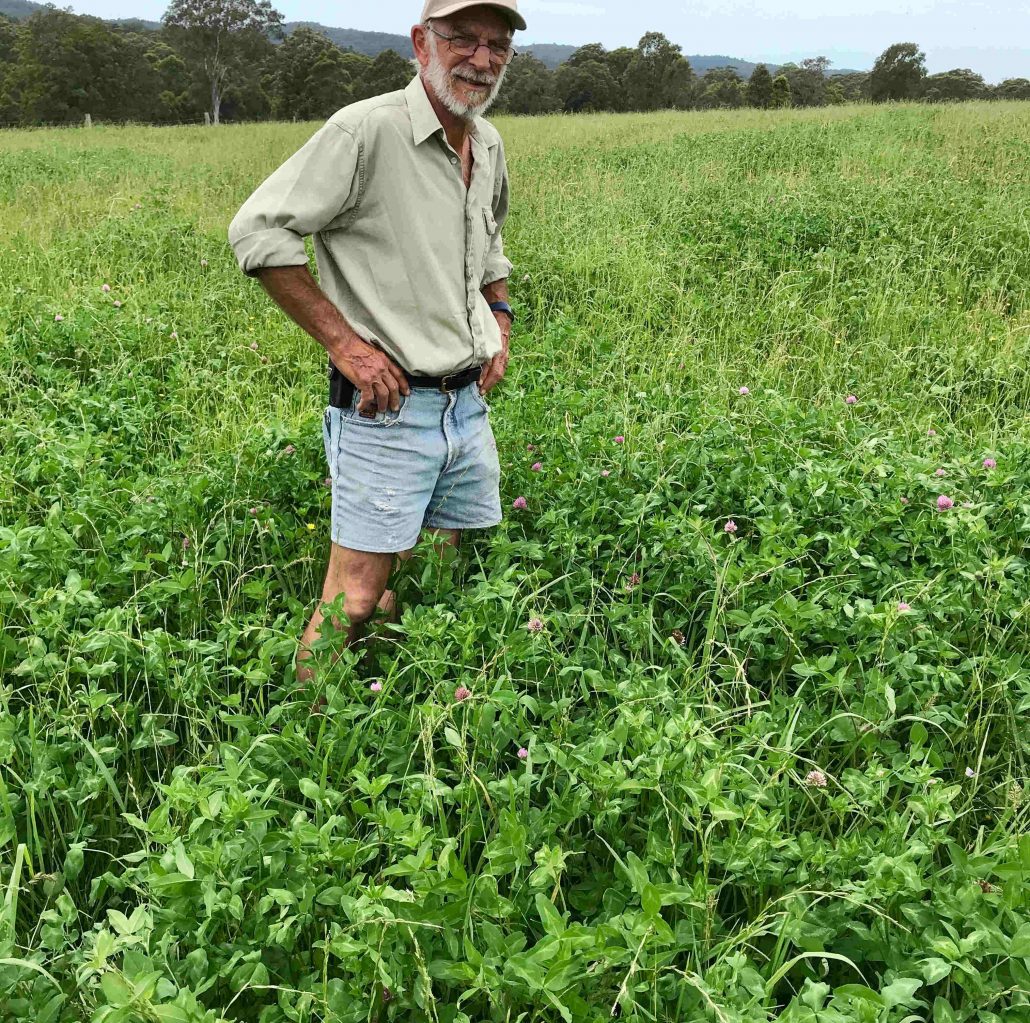
Bruce has an advanced diploma of agriculture and advanced diploma of agribusiness management. Bruce has also trained in soil chemistry and plant nutrition, compost and compost tea making, Holistic management and certificate IV in training and assessment. Bruce is self employed as a farmer and soil consultant.
Bruce runs a cattle grazing enterprise on the far south coast of NSW where he has had success with utilising biological farming principles to build nutrients in his soils.
The full day workshop will cover soil basics, understanding soil biology, improving soil quality and growing nutrient dense food, constructing a high nutrient compost heap, building a farm scale worm farm and reading and interpreting your soil test.
The workshop will be held from 9am-5pm on Thursday 28 June at the Lecture Room, Australian Rural Education Centre (AREC). Attendance is $35 for Watershed Landcare members and $45 for non-members and includes morning tea, lunch, afternoon tea.
The course fee also includes the Soilsmith usb which contains a lot of reading and reference material, plus the soil nutrient spreadsheet which is the centrepiece of the workshop as it enables farmers to make their own decisions on soil management.
The Sustainable Soil Management workshop will include a session on reading and interpreting soil reports and calculating amendments using the soil nutrient spreadsheet. We encourage all interested participants to bring along any soil analysis results they have.
Workshop participants are also eligible to undertake a subsidised soil test prior to the event. Please contact us for more information.
To register for the workshop please contact Watershed Landcare Coordinator, Agness Knapik, on 0435 055 439 email: info@watershedlandcare.com.au.
This event is supported by Watershed Landcare and is a part of the NSW Government’s Local Landcare Coordinators Initiative, supported through the partnership of Local Land Services and Landcare NSW.

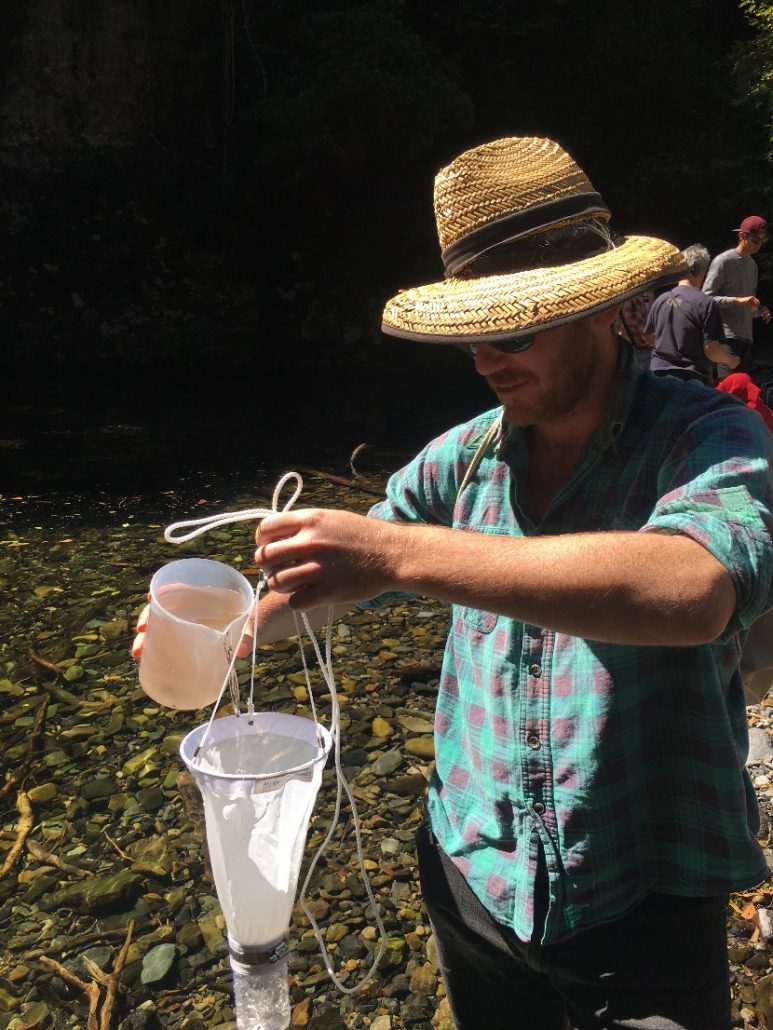
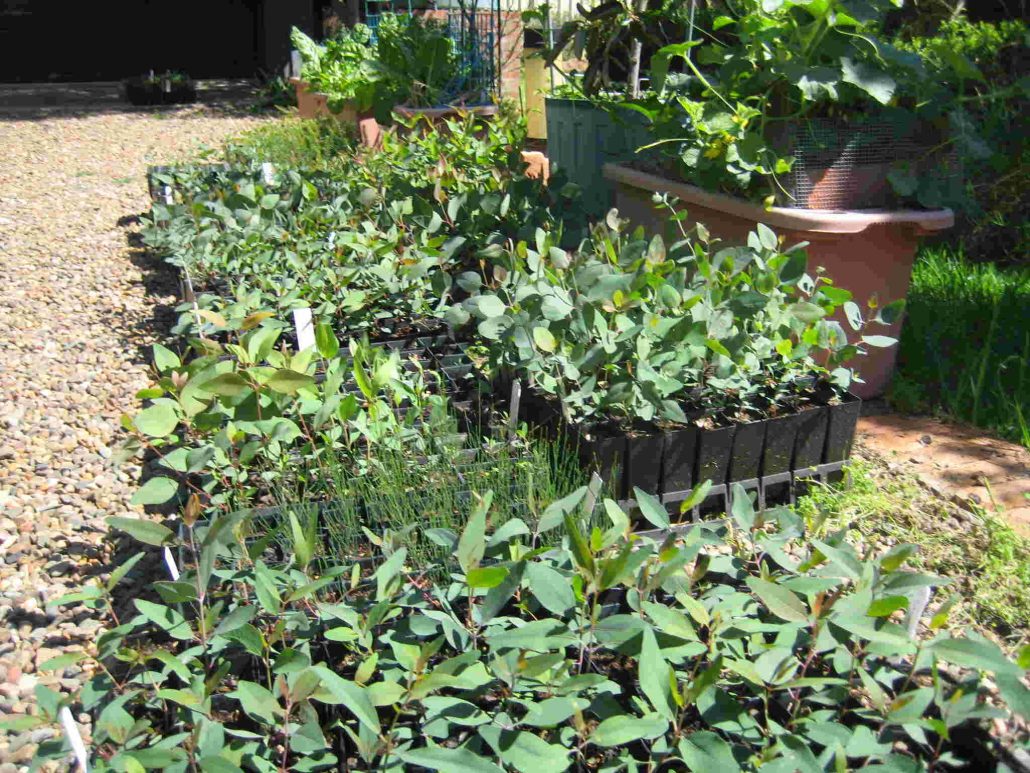
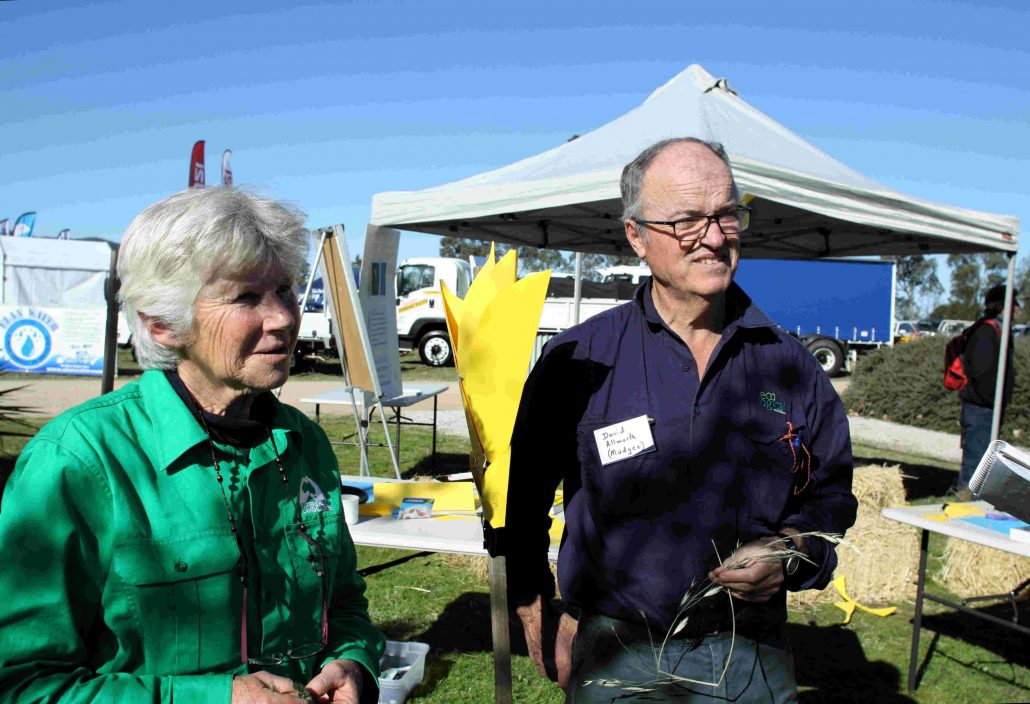
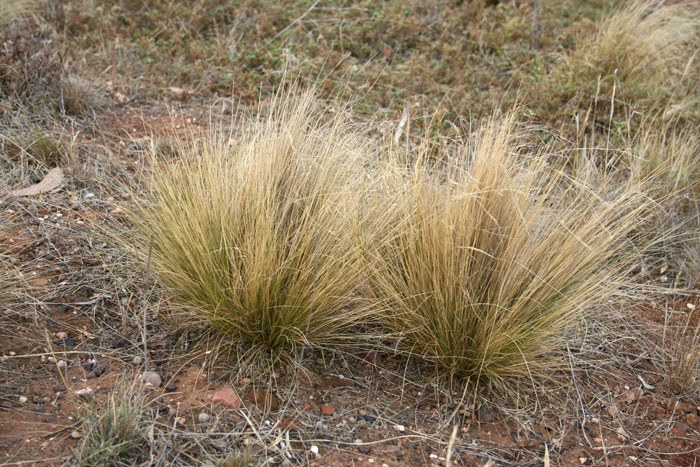
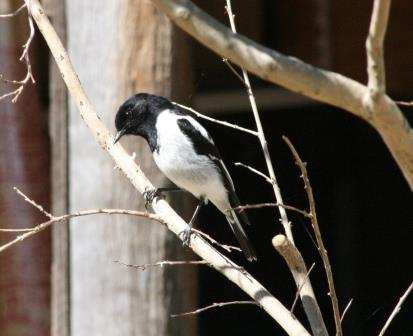
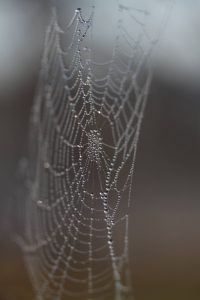
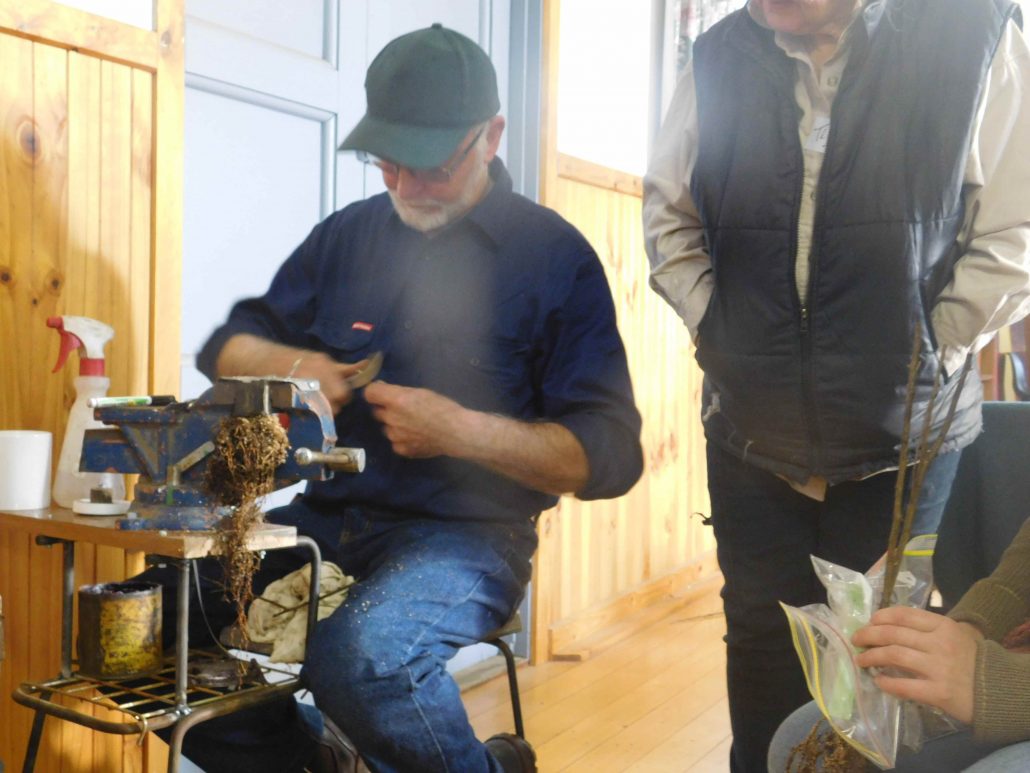 The Heritage and Rare Fruit Network has been conducting grafting workshops each year since 1990 with the aim of propagating and sharing heritage fruit trees which people of past generations cultivated as part of a more self-reliant lifestyle.
The Heritage and Rare Fruit Network has been conducting grafting workshops each year since 1990 with the aim of propagating and sharing heritage fruit trees which people of past generations cultivated as part of a more self-reliant lifestyle.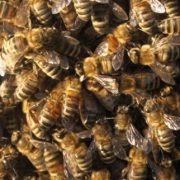 After a successful and booked our course earlier in the year, the Mudgee Bee Group have invited Bruce White OAM back to deliver another beekeeping course in August.
After a successful and booked our course earlier in the year, the Mudgee Bee Group have invited Bruce White OAM back to deliver another beekeeping course in August.